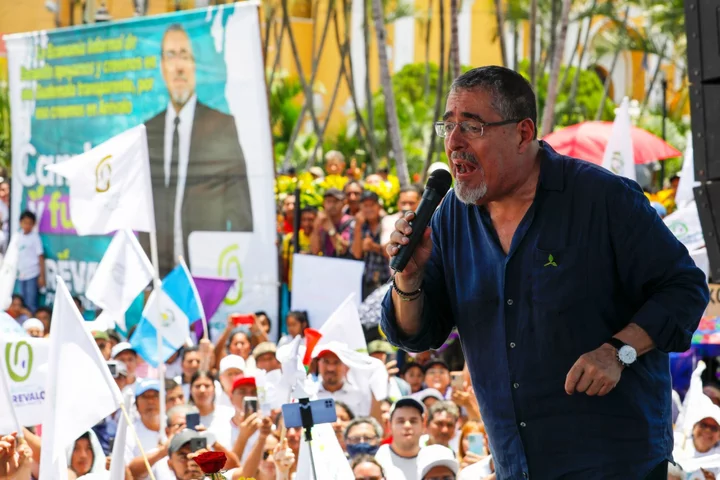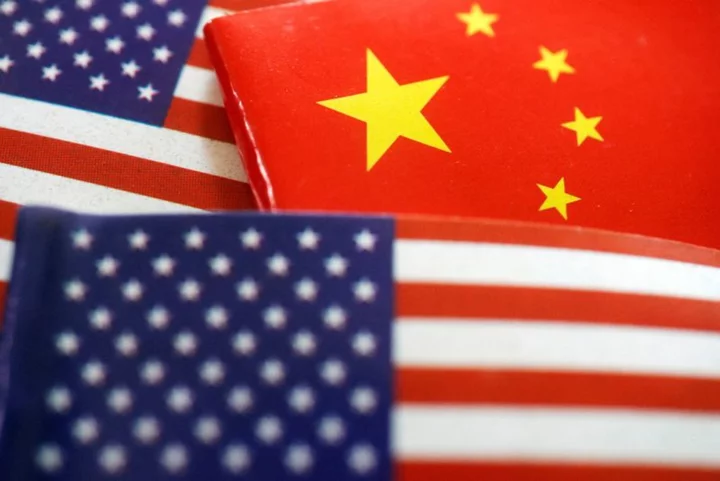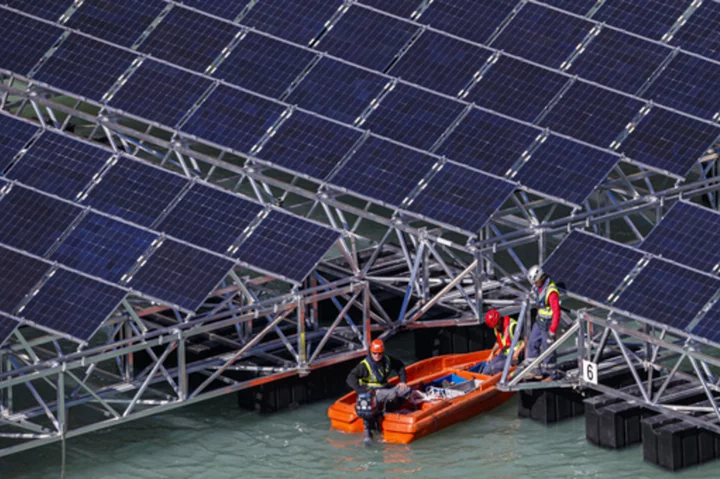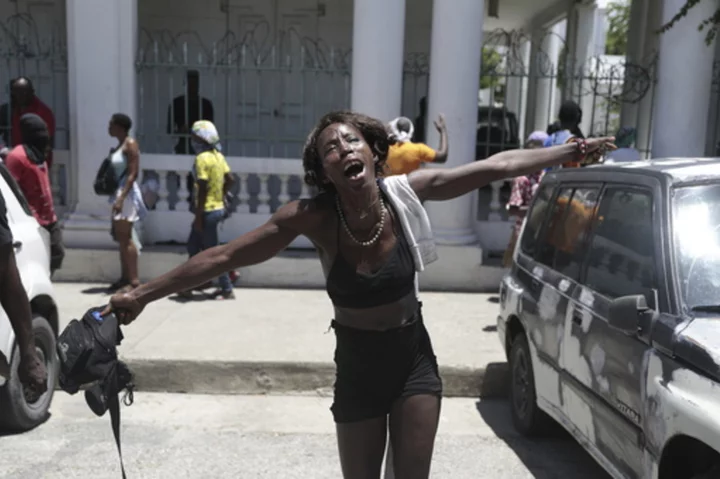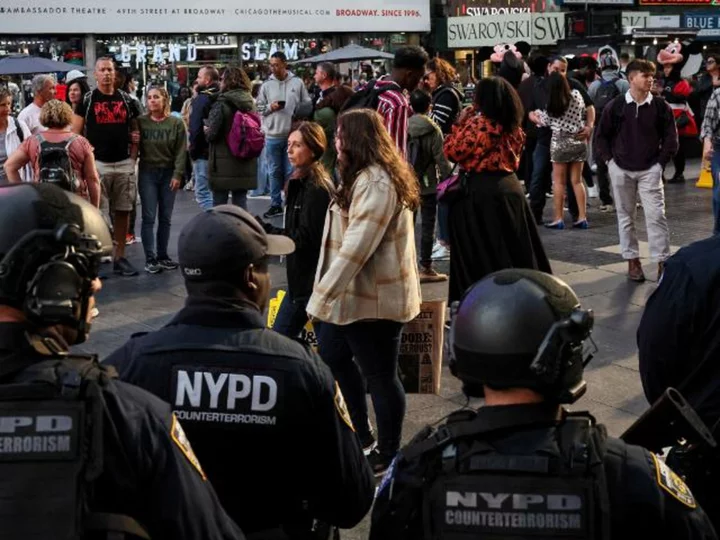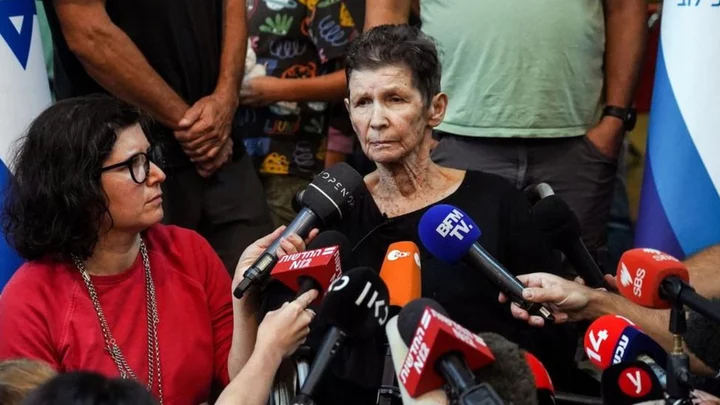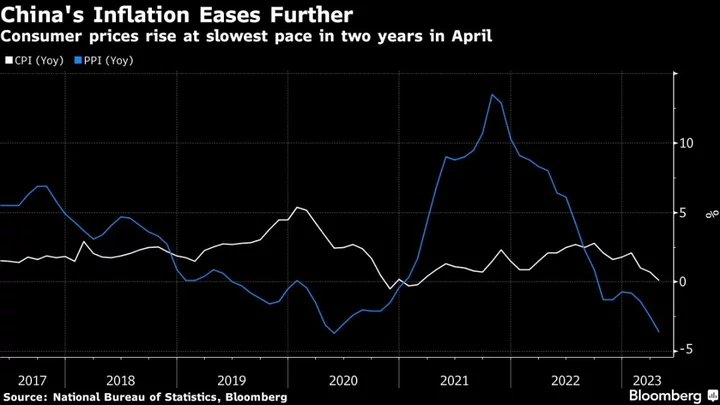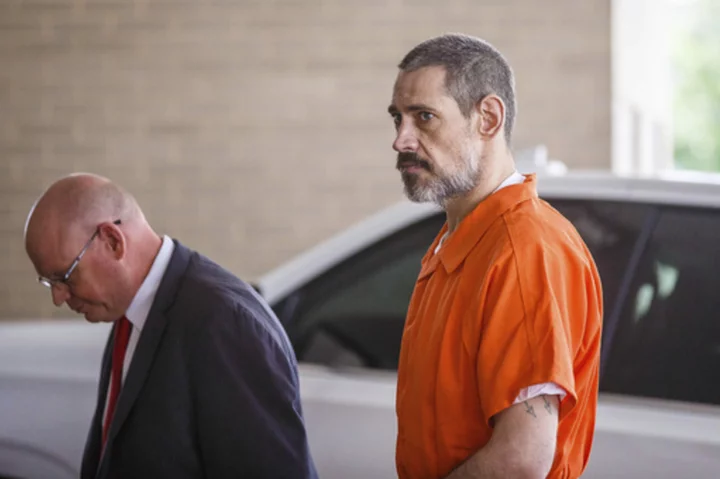Anti-graft campaigner Bernardo Arévalo won Guatemala’s presidential election in a landslide after pledging to weed out the “systemic corruption” he says keeps the nation mired in poverty.
Arévalo led Sunday’s runoff vote with 59%, compared to 36% for former first lady Sandra Torres, with 96% of ballots tallied. As of 8 p.m. local time, Torres hadn’t conceded, and the electoral authority may take several days to certify the result if there are legal challenges.
Arévalo, a 64-year-old sociologist and former diplomat, stayed in the race through repeated attempts to disqualify his party, which led US officials to warn that democracy was under threat in the country. He pledged to double public investment to build roads, ports and airports and seek an investment grade credit rating within two years by improving the rule of law.
“In Guatemala, we have reached an extreme where political parties aren’t formed to govern, they’re formed to steal,” Arévalo told local TV before the vote. “That’s Guatemala today, and that’s what we have to fix.”
Torres’ reaction may be key to determine how contested the results will be after weeks of offical attacks on Arevalo’s party. Barring legal challenges, he’ll be sworn in on Jan. 14, but faces an uphill battle as prosecutors investigate his Semilla party for allegedly forging signatures and laundering money during its founding.
If prosecutors are successful in annulling his political party, Semilla lawmakers won’t be able to join legislative committees, posing challenges to his ability to govern. Arévalo says he’s under attack by corrupt actors who are threatened by his anti-graft stance.
OAS Secretary General Luis Almagro said this month that he had received an assurance from President Alejandro Giammattei that there would a peaceful transition of power to the winner.
Israeli University
The son of Juan José Arévalo, Guatemala’s first democratically-elected president, Bernardo Arévalo was born in 1958 in Montevideo, Uruguay, where his father was living in exile.
He studied sociology at the Hebrew University of Jerusalem, Israel, and also earned a doctorate from Utrecht University in the Netherlands. He has authored books about post-conflict societies and the role of the military in Latin America.
He served as deputy minister of foreign affairs and ambassador to Spain in the 1990s and worked on peace-building missions in Geneva, before being elected to congress in 2019. He has six children.
Guatemala’s overseas bonds have returned 1% this year. Barclays Plc said in a note this month that the next administration will likely preserve the country’s low debt levels and macroeconomic stability.

